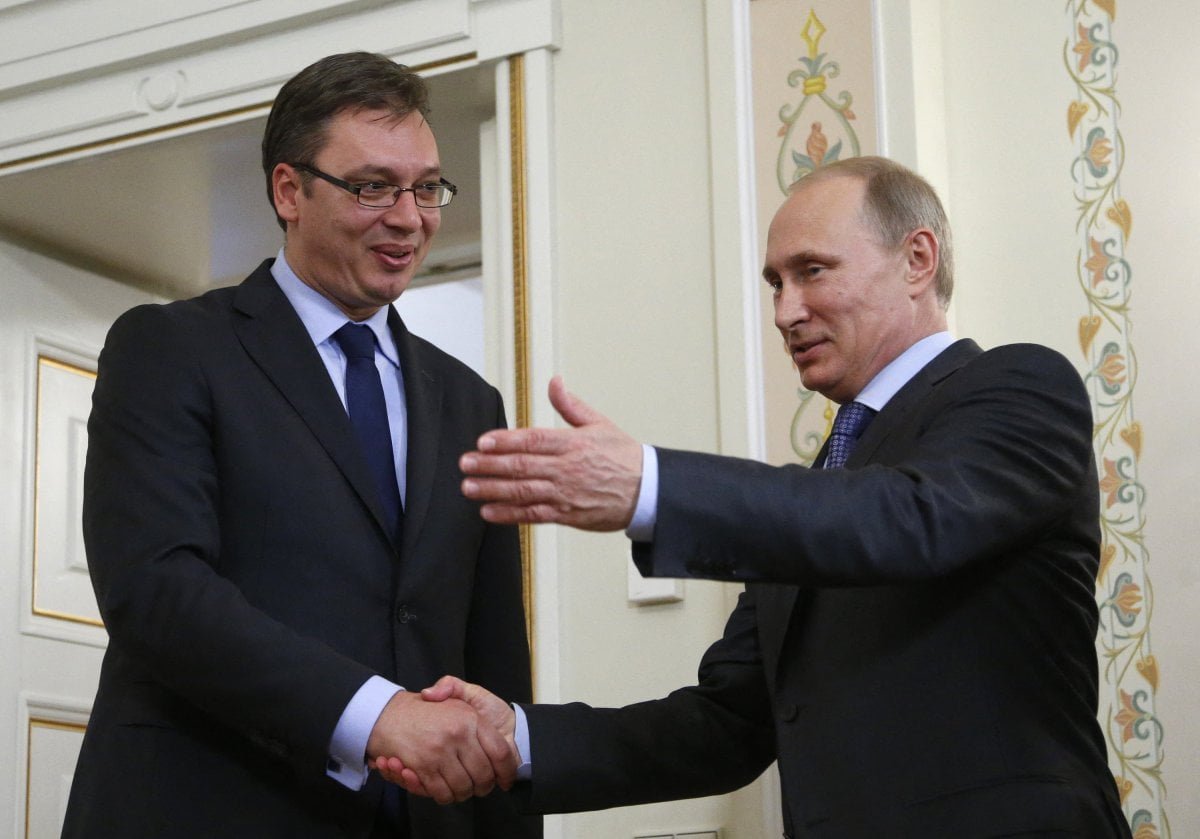In recent years, the world has witnessed a troubling trend: the rise of authoritarian leaders who emulate the dictatorial style of Vladimir Putin. These leaders, often hailed initially as reformers or strongmen necessary for national stability, gradually erode democratic institutions, suppress dissent, and consolidate power. The latest figure to emerge in this mold is a leader whose actions are drawing global concern.
Consolidation of Power
Much like Putin, this new leader has systematically dismantled checks and balances that are crucial for a functioning democracy. Upon assuming office, they have altered the constitution to extend their term limits, ensuring a prolonged grip on power. Legislative bodies that were once independent have been co-opted or silenced, and judicial systems have been manipulated to serve the leader’s interests.
Suppression of Dissent
A hallmark of Putin’s regime has been the ruthless suppression of political opposition and media freedom. The new dictator has adopted similar tactics. Opposition leaders face constant harassment, arbitrary arrests, and, in extreme cases, mysterious disappearances. Independent media outlets have been shut down, and journalists critical of the regime are often targets of intimidation or worse.
State-Controlled Media
Controlling the narrative is essential for any dictator. This leader has established tight control over the media, ensuring that the populace receives a steady stream of propaganda. State-controlled media outlets praise the leader’s accomplishments and demonize any opposition, creating an environment where dissent is equated with treason.
Economic Control
Economic power is another tool used to maintain authority. Key industries have been nationalized, and business leaders who oppose the regime find their enterprises targeted by punitive measures. By controlling the economy, the dictator not only consolidates power but also creates a network of loyalists who benefit from the status quo and are invested in maintaining it.
International Relations
On the global stage, this leader has adopted a foreign policy reminiscent of Putin’s assertive and often aggressive stance. They seek to expand their influence through both soft and hard power, engaging in regional conflicts, and using economic leverage to gain political allies. This strategy has led to increasing tensions with neighboring countries and the international community.
The Threat to Global Stability
The emergence of this new Putin-style dictator represents a significant threat to global stability. Their actions undermine democratic norms and embolden other authoritarian figures. The international community must respond with a unified front, emphasizing the importance of democratic principles and the rule of law.
Conclusion
The rise of a new dictator who mirrors Vladimir Putin’s tactics is a stark reminder of the fragility of democracy. It highlights the need for vigilance and a proactive stance from the global community to support democratic movements and resist the encroachment of authoritarianism. Only through concerted effort can the tide of dictatorship be stemmed, ensuring a future where democratic values prevail.
This article serves as a call to awareness and action, encouraging readers to recognize the signs of authoritarianism and advocate for the preservation of democratic institutions worldwide.







